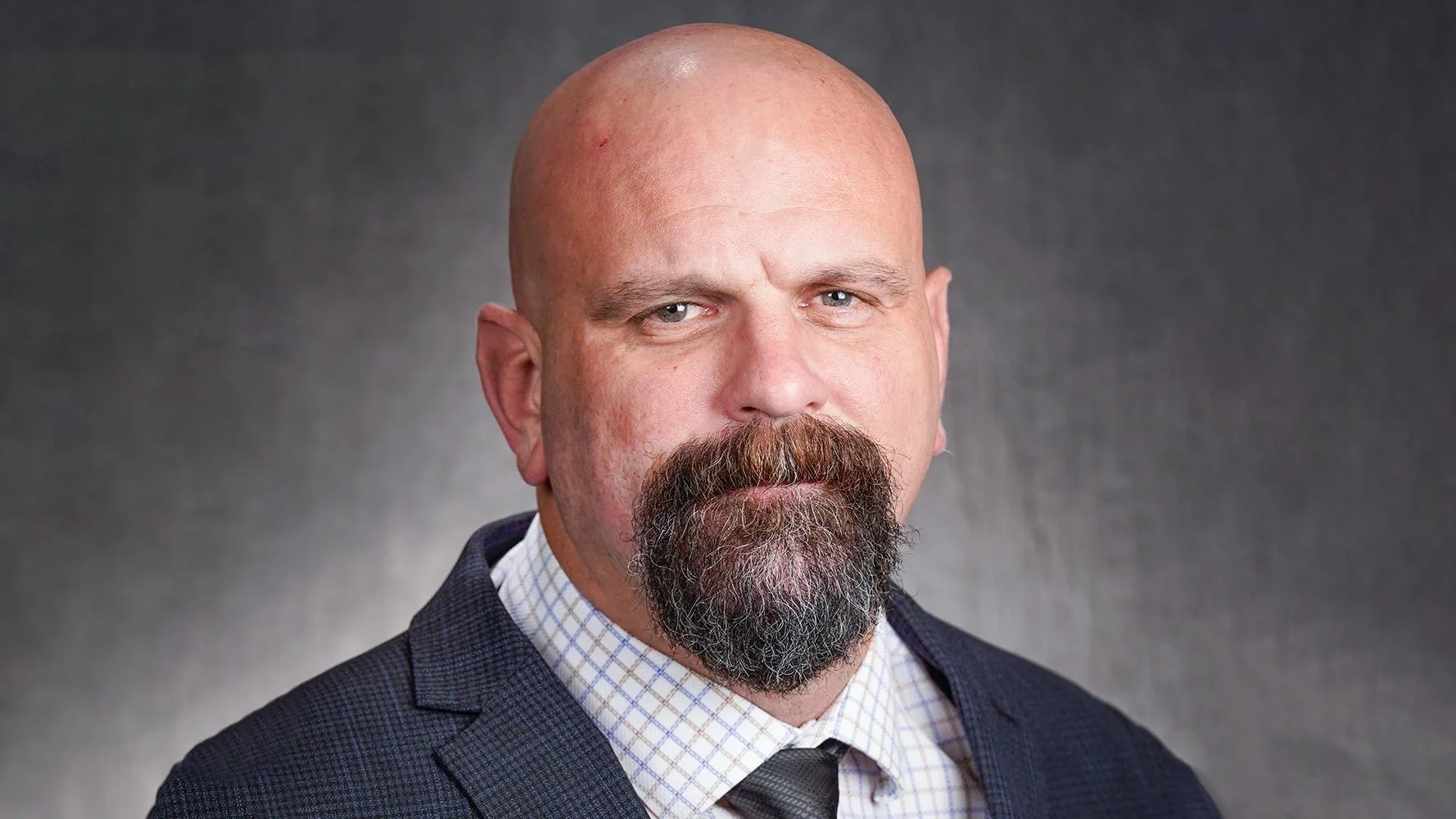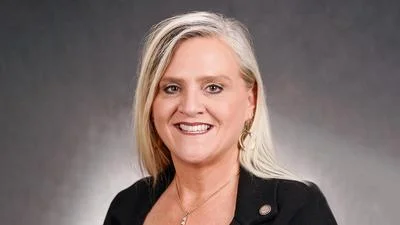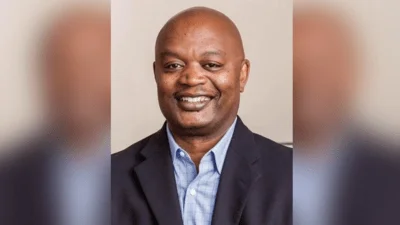Terry M. Stier, Minnesota State Representative of 22B District | Official Website
Terry M. Stier, Minnesota State Representative of 22B District | Official Website
When the 2025 legislative session ended, Minnesota State Representative Terry Stier (R-Cleveland) expressed disappointment over the outcome. Stier had advocated for the creation of an Office of Inspector General (OIG), which he described as an independent watchdog agency intended to oversee government spending and investigate fraud. According to Stier, "Unfortunately, I couldn’t convince enough Democrats to support the creation of an Office of Inspector General (OIG), a watchdog agency that would operate independently of all branches of government and answer directly to you, the taxpayer."
Stier stated that House Democrats opposed this proposal. "They didn’t want an independent office shining a light on where the money goes, and that should tell you something. After decades in law enforcement, we’d call that a clue. If someone doesn’t want to be watched, it usually means they have something to hide," he said.
He also addressed the upcoming special session, attributing its necessity to what he characterized as delays by House Democrats during the regular session. "For the first 23 days of session, many stayed home while collecting a paycheck. When crunch time came, they walked away from the table, slowing government down when it needed to act," Stier said.
The state legislature faced a $6 billion deficit this year with both parties holding equal numbers in the House. In response, lawmakers made $4 billion in budget cuts and rejected some proposals viewed by Republicans as extreme.
Although Stier was unable to achieve tax reductions or secure district-specific funding during this session, he highlighted progress on public safety pensions through his work on the Pension Commission. He noted legislative changes aimed at stopping abuses within police and fire pension systems: "I helped pass legislation to stop abuse in the police and fire pension system. Loopholes were being exploited by attorneys at the expense of disabled officers. My bill shuts that down, putting more money in the pockets of the men and women who actually served and were injured in the line of duty."
The reforms included eliminating legal disputes between cities and disabled officers regarding benefit determinations—reducing legal costs for affected individuals—shortening cost-of-living adjustment waiting periods from three years to two years, and increasing annual COLA rates from one percent to three percent.
Stier indicated ongoing commitment for further improvements: "Is the work done? Not yet. But we’ve stopped the bleeding, and I’ll be back next session to fight for even more improvements, especially eliminating the COLA waiting period entirely."





 Alerts Sign-up
Alerts Sign-up